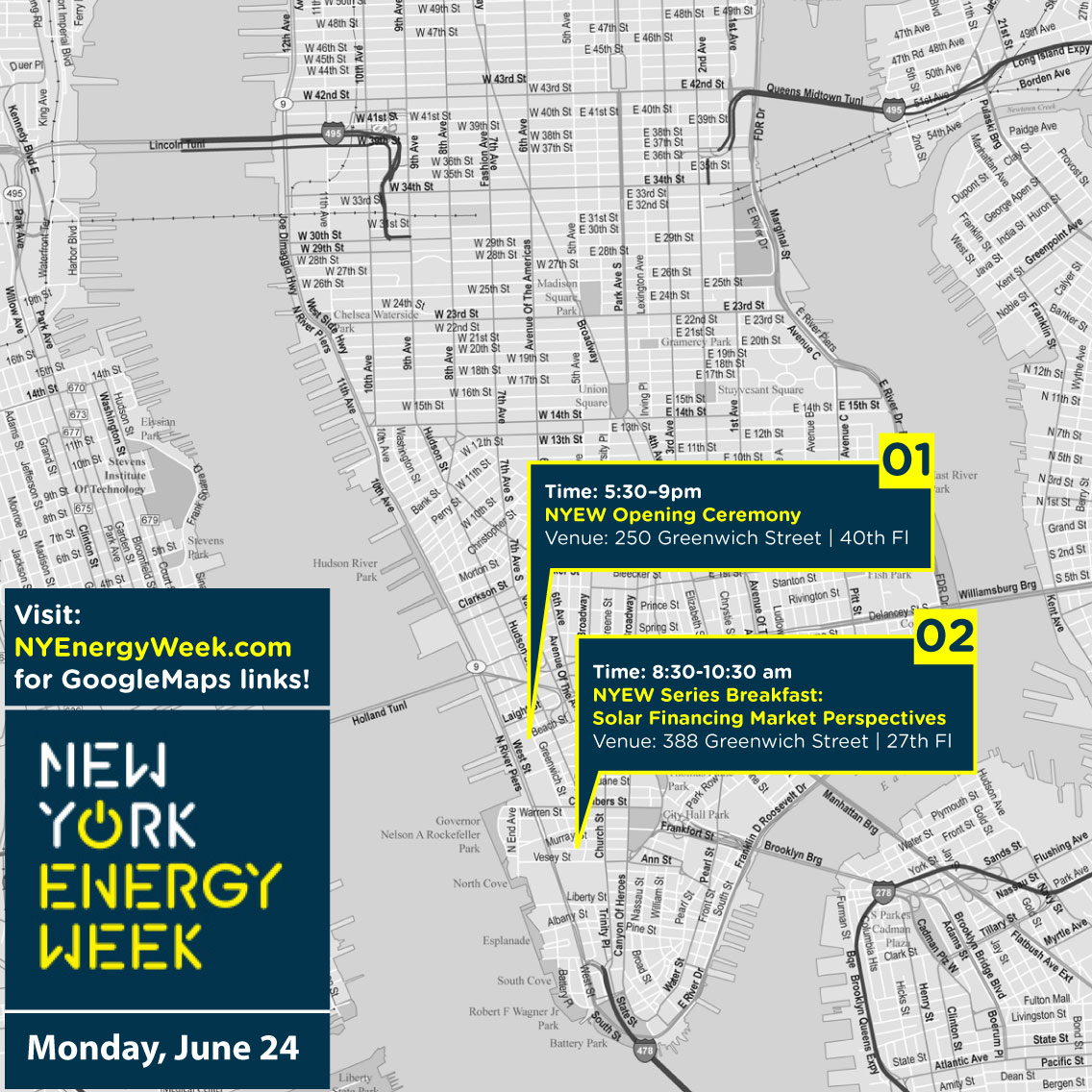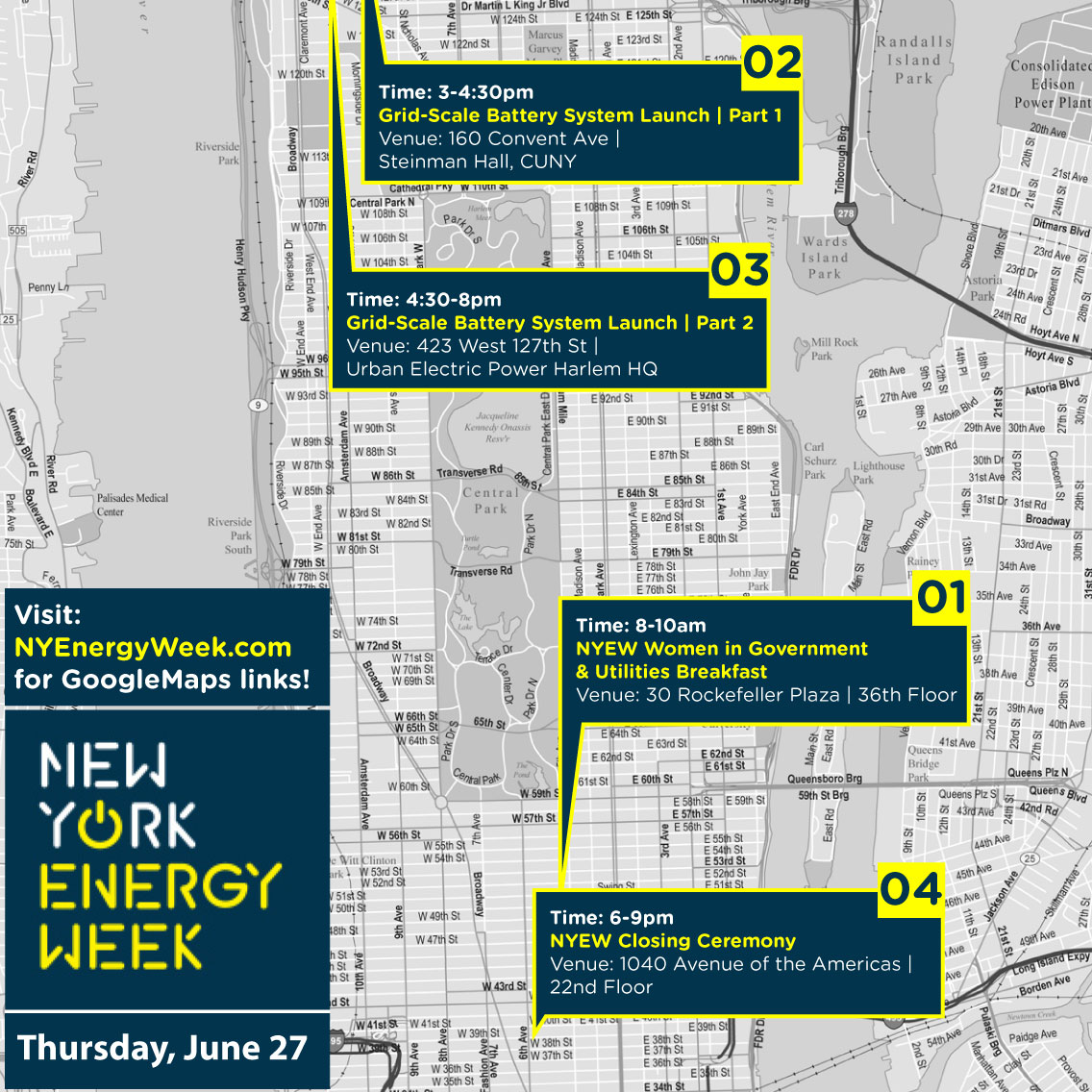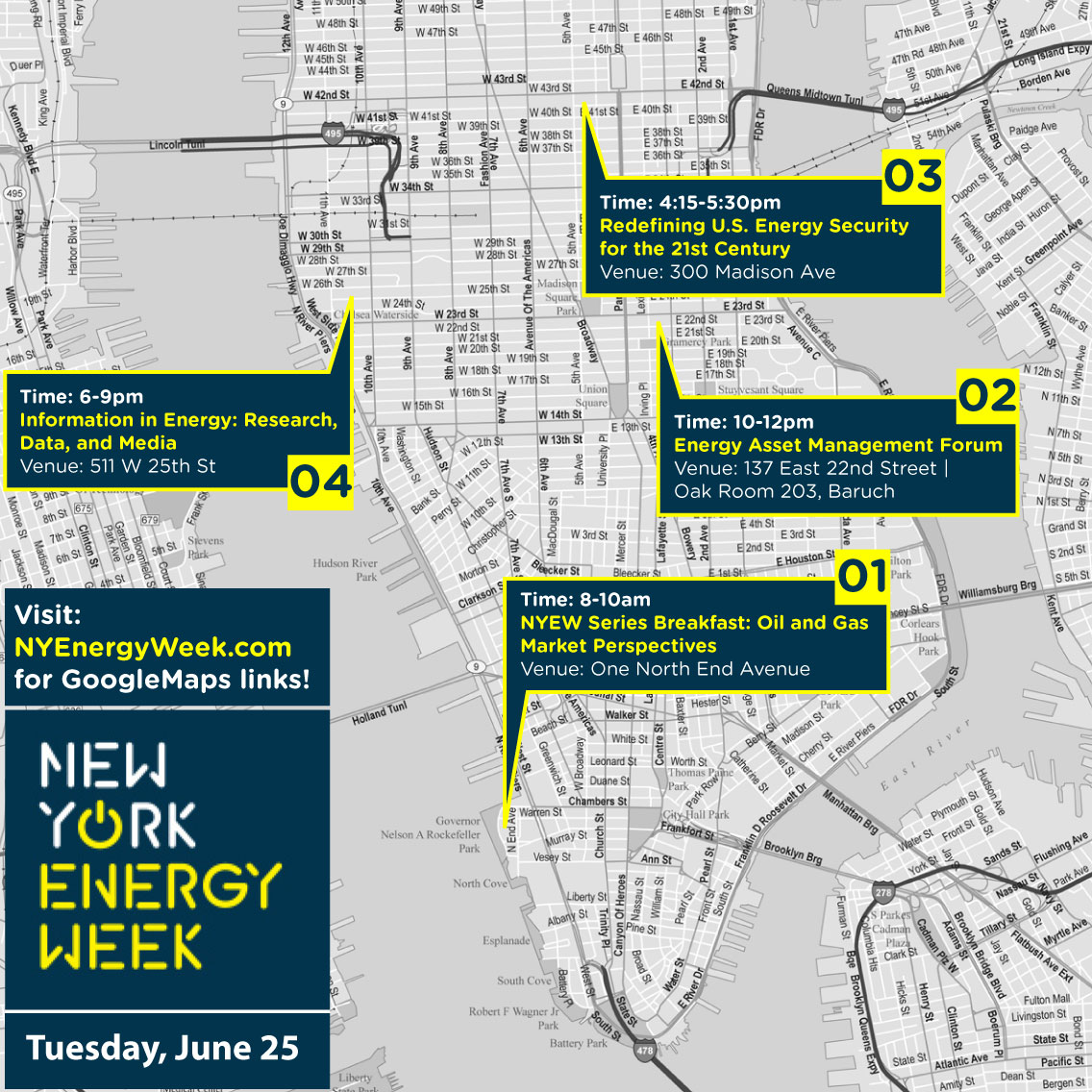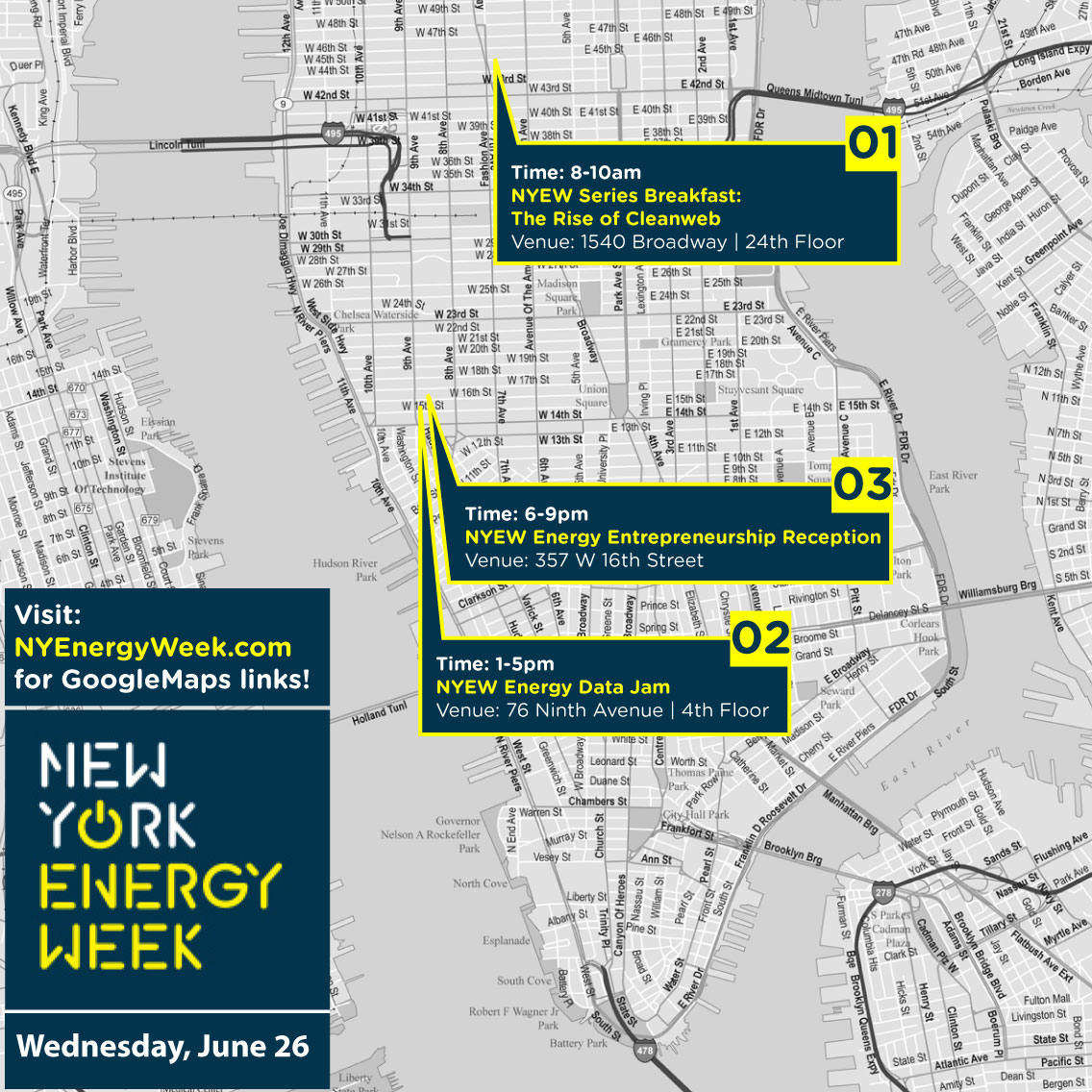A FLAT CAFE RISES: The Resurgence of the Corporate Average Fuel Economy Regulations
/Abstract
Although the Corporate Average Fuel Economy (CAFÉ) standards began as very modest, insufficient regulations to improve fuel economy without any additional regulation of CO2 emissions from privately owned vehicles, political and economic events through the course of its enactment converged to catapult the CAFÉ regulations toward new milestones in reducing carbon pollution.
As a result of the 2009 Obama administration’s mandates for a new national fuel economy standard that redrafted the calculations for carbon pollution per vehicle on a “footprint” calculus, and a strong shift in public approval of lower costs in transportation expenses in a high unemployment economy, CAFÉ standards paved the way for innovative market solutions to meet aggressive new CO2 reduction goals for the next 13 years.
Download the full report here





